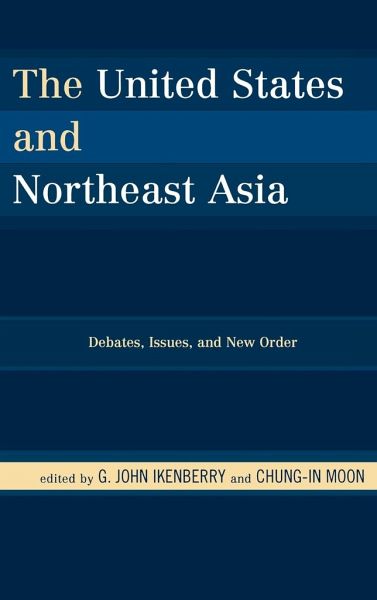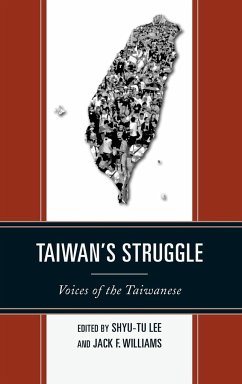
United States and Northeast Asia
Debates, Issues, and New Order
Herausgeber: Ikenberry, G. John; Moon, Chung-In

PAYBACK Punkte
69 °P sammeln!
This authoritative book provides a comprehensive and penetrating analysis of the emerging security terrain in Northeast Asia. Leading American and Asian scholars explore the shifting power configurations in Northeast Asia represented by China's rise, Japan's quest for a normal state, North Korea's nuclear ambitions, South Korea's projection into a middle power, and U.S. strategic realignments. They also examine new flashpoints such as anti-Americanism; the North Korean crisis; and the clash of parochial nationalisms among China, Japan, and Korea. Shedding light on Asia's new order, this balanc...
This authoritative book provides a comprehensive and penetrating analysis of the emerging security terrain in Northeast Asia. Leading American and Asian scholars explore the shifting power configurations in Northeast Asia represented by China's rise, Japan's quest for a normal state, North Korea's nuclear ambitions, South Korea's projection into a middle power, and U.S. strategic realignments. They also examine new flashpoints such as anti-Americanism; the North Korean crisis; and the clash of parochial nationalisms among China, Japan, and Korea. Shedding light on Asia's new order, this balanced and systematic volume will be invaluable for a nuanced understanding of this complex and dynamic region.














